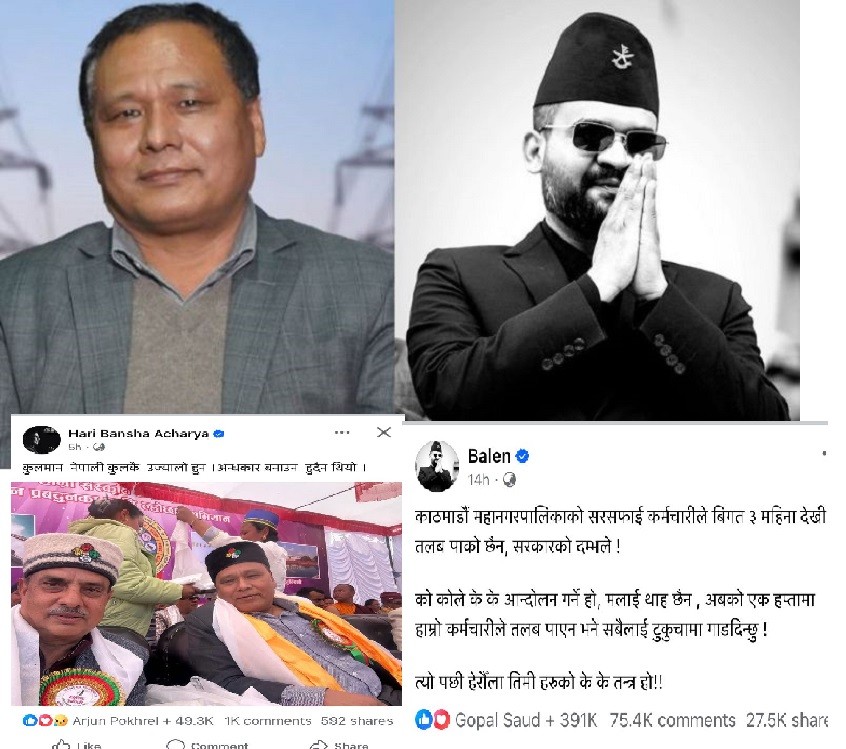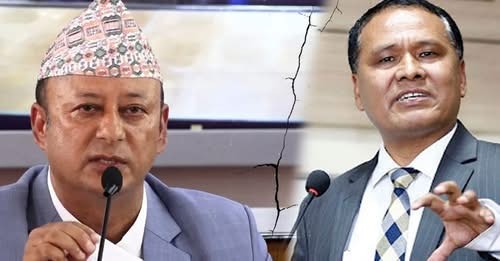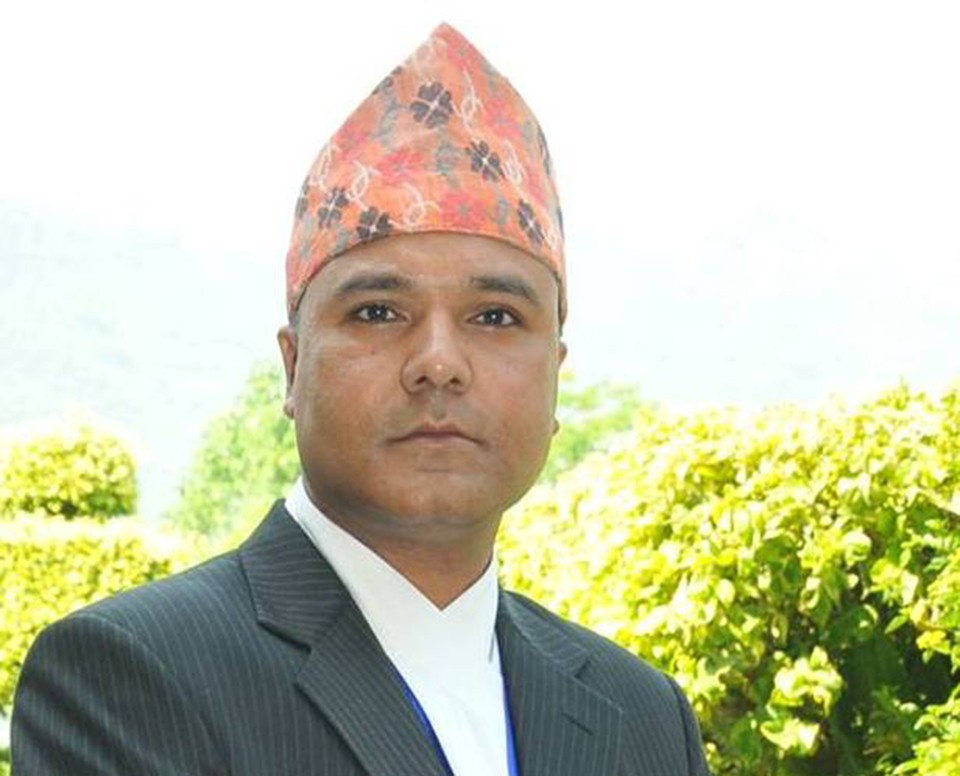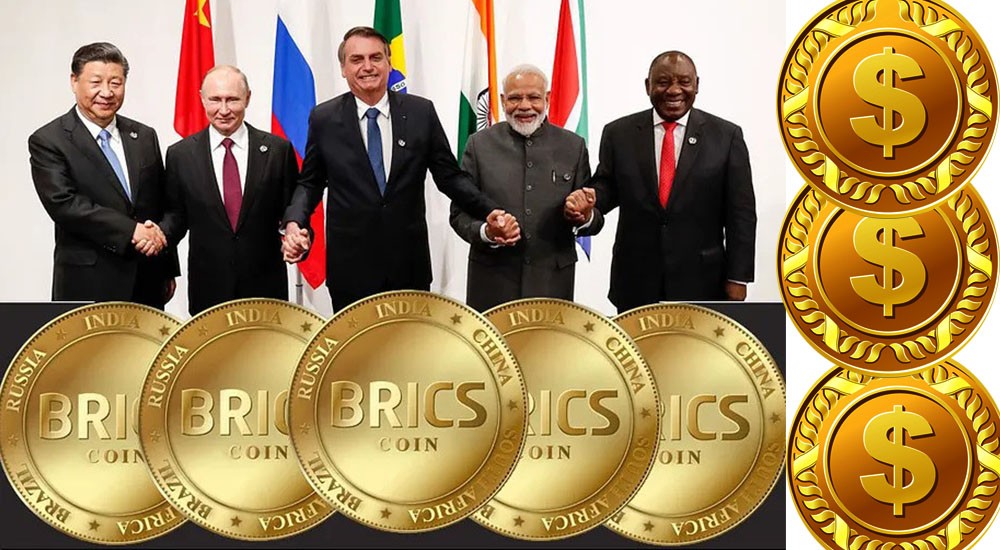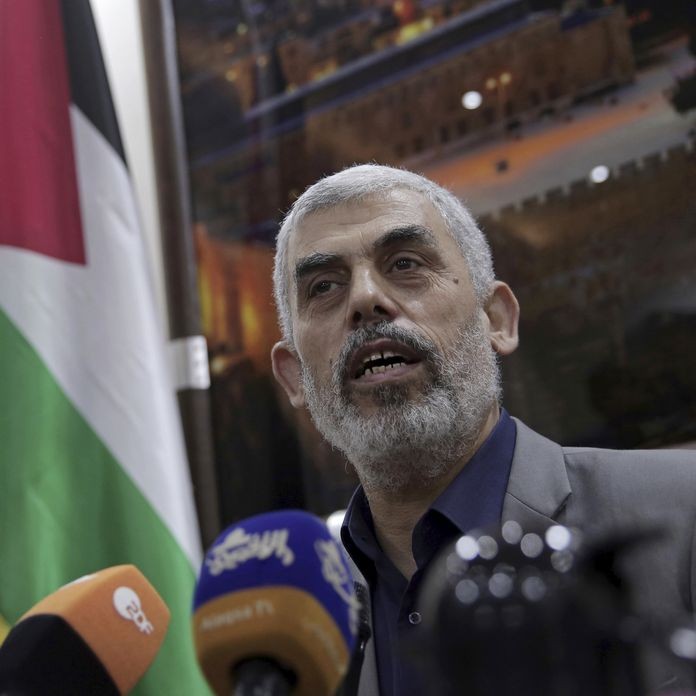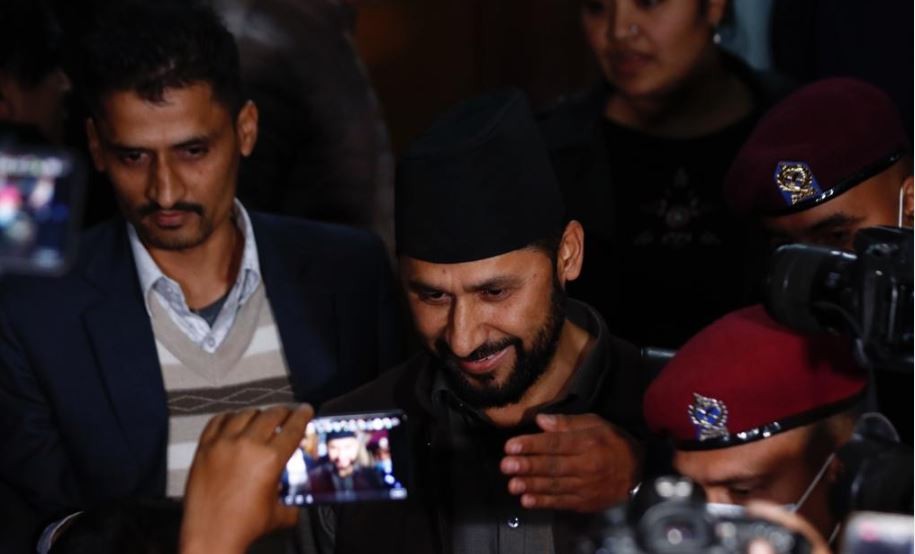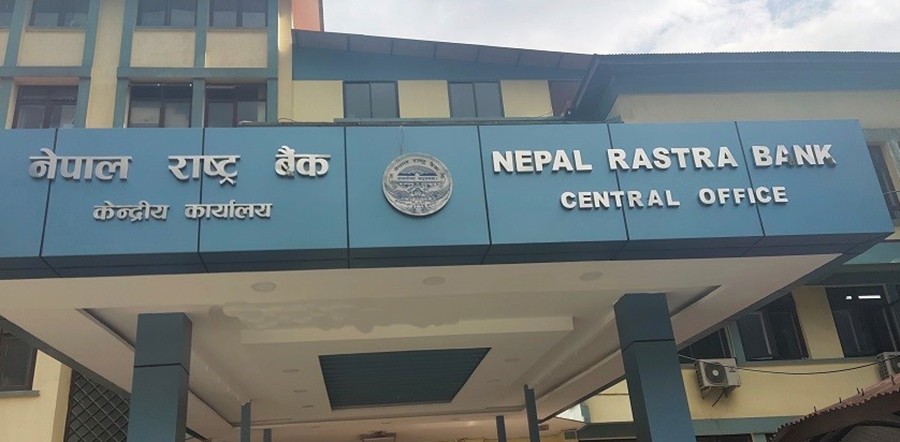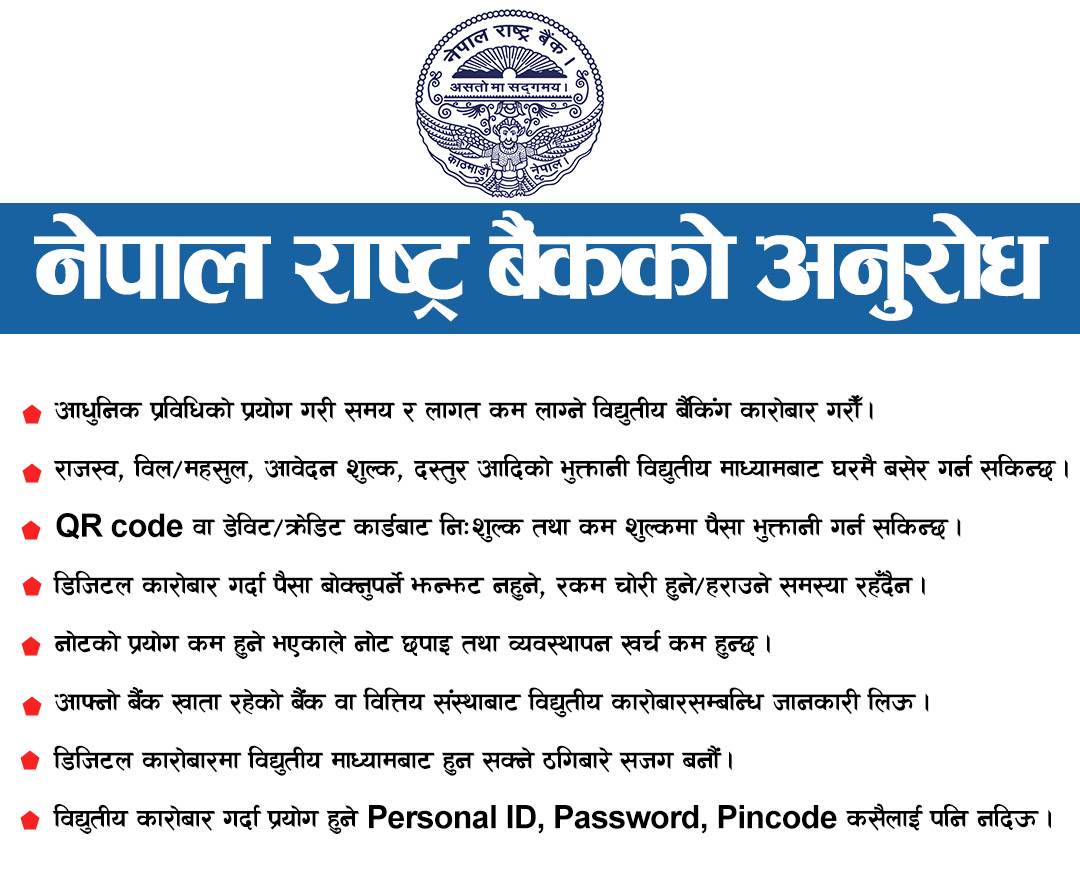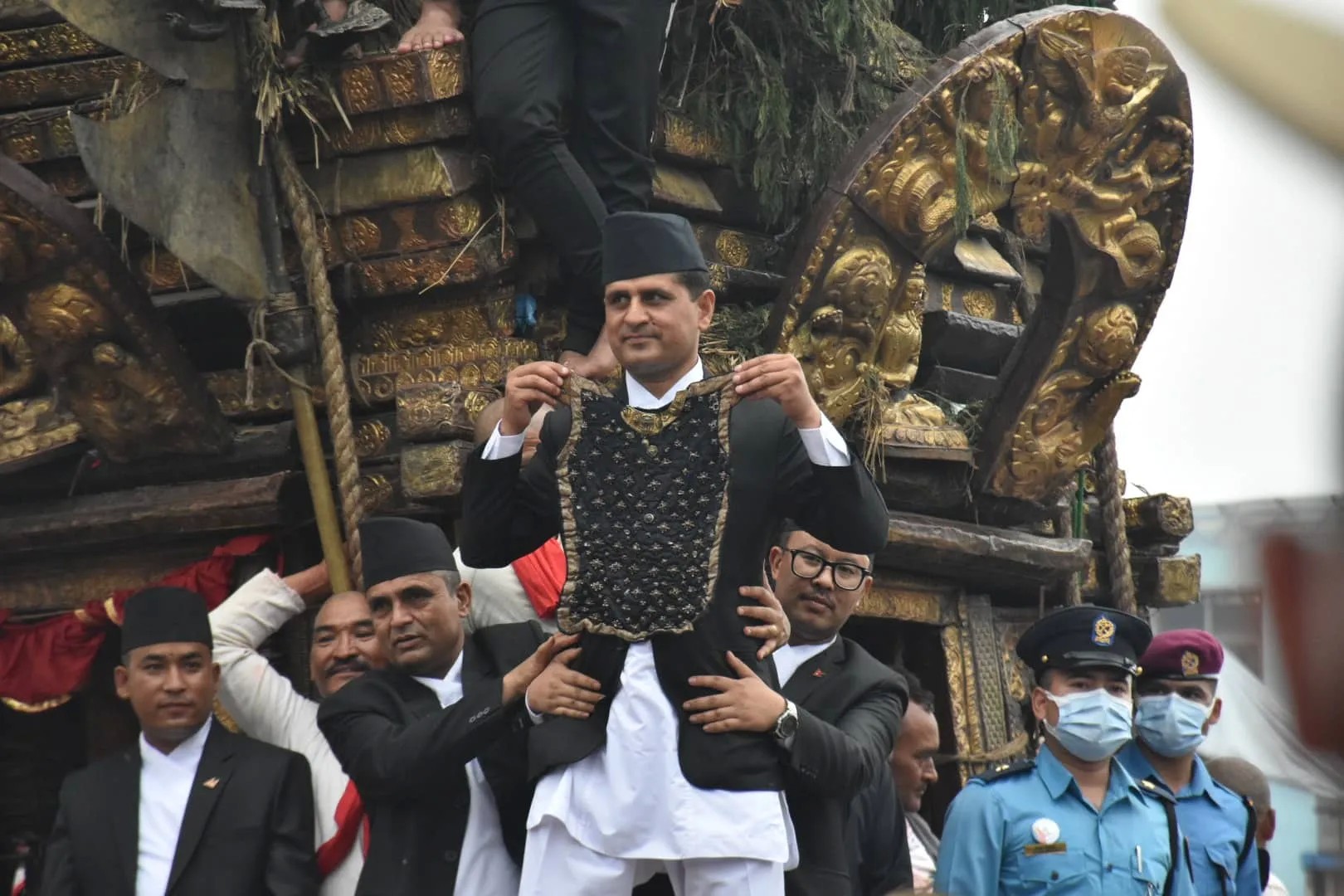
Kathmandu. Every Year The Bhoto of Rato Machhendranath will be shown. Bhoto Jatra was called Jawalakhel Jatra until about 800 years ago. Kirtimdan Joshi, a former member of the Nepal Panchang Adjudicatory Development Committee, who has been active in observing the site of Rato Machhendranath's Bhoto Jatra, said that it is called Javlakhel Jatra because it is ja (rice) wala (sowing). It is believed that this pilgrimage was done to give food to ghosts.
He said that the exact date of the start of the Voto Jatra has not been ascertained yet. Machhendranath's journey started about 1,300 years ago. According to legend, after this journey began, the queen of Nagaraja Karkotak's eyes hurt. Karkotak went in search of Vaidya. He took the farmer who was working in the field as a doctor and took him to Naglok meaning Toudah.
The frightened farmer prayed to Machhendranath and folded his hands and gave Mayal to Karkotak as a medicine. The medicine cured Rani's eye pain. As a reward, the mani was given to the farmer and sent back to the human world. Farmers started working by keeping the seeds in the fields.
A ghost in human form came and took the vote. The farmer searched. did not get The farmer claimed that when he went to see Machhendranath's pilgrimage, he saw a ghost in the form of a man wearing the voto he had received as a reward. When the ghost refused to give, there was a dispute. Karkotak Nag was also called and questioned. In the end, it was concluded that both of them could not be the officers of the vote, and Machhendranath was entrusted with it.
After completing the Rath Yatra of the red Machhendranath to give the vote to those who come with official proof, the tradition of doing the vote Jatra became established. It is believed that every year since that year, the vote will be shown. There is a rumor that no one has been able to gather evidence and take the vote away.

